













Chromatographic packing refers to porous microsphere materials used as stationary phases in chromatography columns, with particle sizes typically ranging from micrometers to nanometers. These specialized materials enable high-performance separation across industries, with pore sizes generally falling between 5-200 nanometers. The pharmaceutical sector currently dominates application segments, accounting for approximately 80% of total market demand due to strict purity requirements in drug development and manufacturing.
Market expansion is driven by increasing pharmaceutical R&D expenditure, which reached USD 238 billion globally in 2023, and tightening regulatory standards for drug purity. While North America and Europe maintain strong positions due to established biopharma industries, Asia-Pacific shows the fastest growth at 18.2% CAGR, led by China's expanding pharmaceutical sector. Key innovations include advanced polymerbased packings offering improved separation efficiency for complex biomolecules, with major players like GE Healthcare and Tosoh Corporation introducing novel silica and polymer matrices to meet evolving industry needs.








The global chromatographic packing market was valued at USD 3.77 billion in 2023 and is projected to reach USD 9.63 billion by 2030, growing at a CAGR of 14.7% during the forecast period.








Biopharmaceuticals
Food & beverage analysis
Environmental testing
Academic research








• Silicone Filler
• Polymer Filler








• GE Healthcare (U.S.)
• Tosoh Corporation (Japan)
• Bio-Rad Laboratories (U.S.)
• Agilent Technologies (U.S.)
• Osaka Soda Co., Ltd. (Japan)
• Fuji Silysia Chemical Ltd. (Japan)
• Kromasil (Sweden)
























